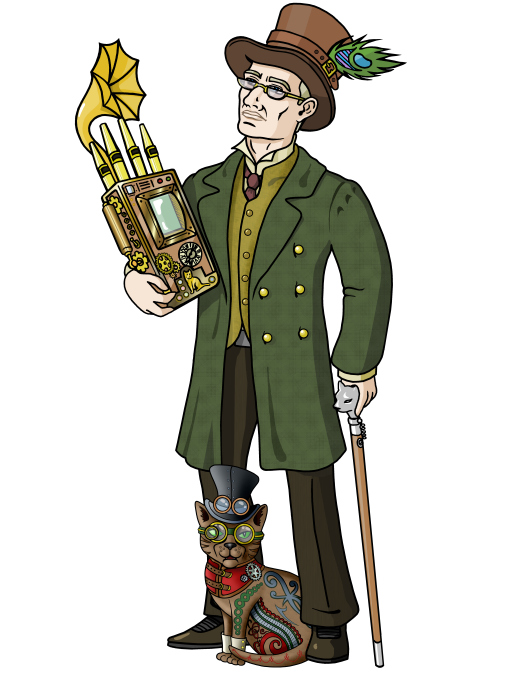Disclaimer
The following is a review of a presentation given at FLOSSUK Spring DevOps Conference. The event was held at Mary Ward House in London between 15th-17th March 2016. Although this is a description of a presentation with some dissection of what was discussed it is not a verbatim account and will contain personal impressions and interpretation. The content therefore does not reflect the quality of the original presentation and should be considered a review and personal opinion.
This is one of a series of reviews of the talks I saw at the event.
Introduction
Dawn has spent a number of years working across the broad spectrum of software development organisations in the United States and beyond, she gave a very personal account of how to have an open source career and life. Her earlier career was working with manufacturers, since they do not see software as anything but a sunk cost, it isn’t their income they are averse to spending large sums. It is for this reason that there is a generous uptake of open source in the manufacturing industries.

Dawn during her presentation
This is where Dawn first encountered OS and she quickly became fascinated by how the communities worked and in particular how they came to evolve such complex software projects.
A Career in Open Source
Dawn covered three main areas in her talk as well as highlighting many of the people she had worked with across various communities. She spoke on:
- Why have a career in Open Source?
- How to make it happen.
- Time Management - and how to avoid burnout.
This very personal lists of reasons has echoes for me personally as it could have been a list I wrote myself. Dawn managed to summarise quite distinctly the reasons to be involved with communities. Splitting them into the three sections made them easier to absorb and relate to.
Why?
- Meet people from all over the world
- Meet them in different groups - the same people often belong to more than one community
- Travel - attend conferences and work with different companies of people
- Open Source feels like you can talk more freely and companies seem to enjoy being known for their use of free software - a badge of pride
- Open Source gives you more personal visibility
- Open Source shows your talents and work
- Free as in freedom
- Innovative
- Cooperative
- Interesting
- You get to have fun even with those people who are your competitors
How
- Start a new project - it should always be something that you need, not what you think others will want
- Build a project
- Build a company - Hard and rewarding
- Participate
- Learn new skills
- become known
- Open Source projects need people with lots of skills
- Work for an open source company
- Bring open source software into your current job
- Write and speak about open source
- Try consulting on the open source skills you have
- Companies need help to implement
- Companies can use open source contributors
- Documentation - the best route into any new project and the most common forst step
- Be Nice
- Be nice with people, not everyone has your abilities
- Improves your job chances - you never know where you may end up working
- Networking, keep in touch with people
- Makes for more interesting conversations
Time Management
- Prioritise
- everything seems urgent
- Most things will wait
- Delegate
- Wait, give other people time to contribute in conversations
- Don’t set a false expectation of what you can do
- Step back every now and again and recuperate
- Document processes and procedures
- Helps with delegation
- Builds FAQs
- Write common answers down
- Take time off for hobbies or a vacation
- Do something fun each day
Dawn’s talk was sensible, empathetic and thoughtful. It was clear that she had found a good balance in both her life, her career and her open source participation which was healthy for her.
[Don't forget that you can join in this conversation by using the comments form or by tweeting at @shadowcat_mdk]
